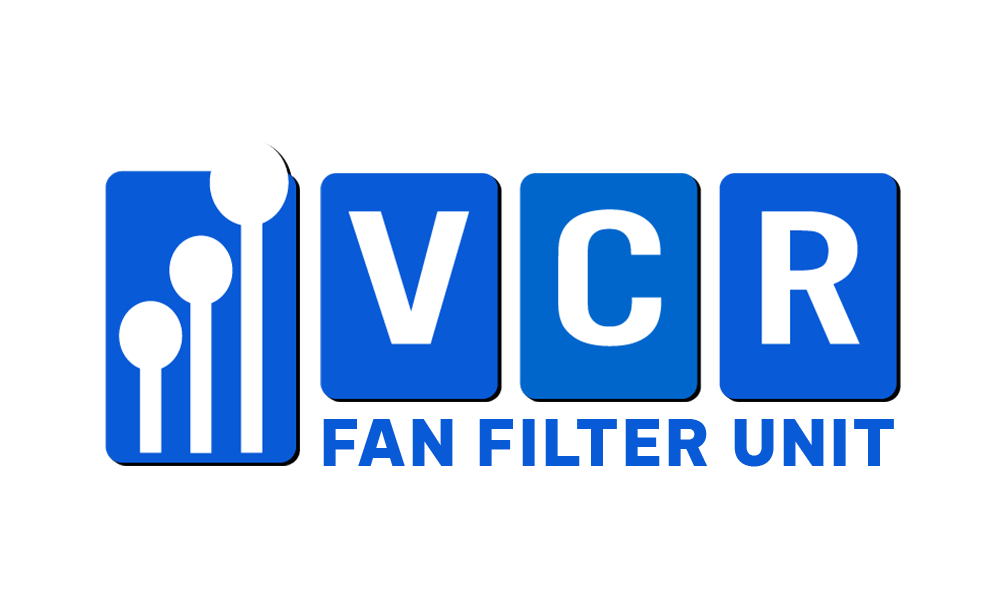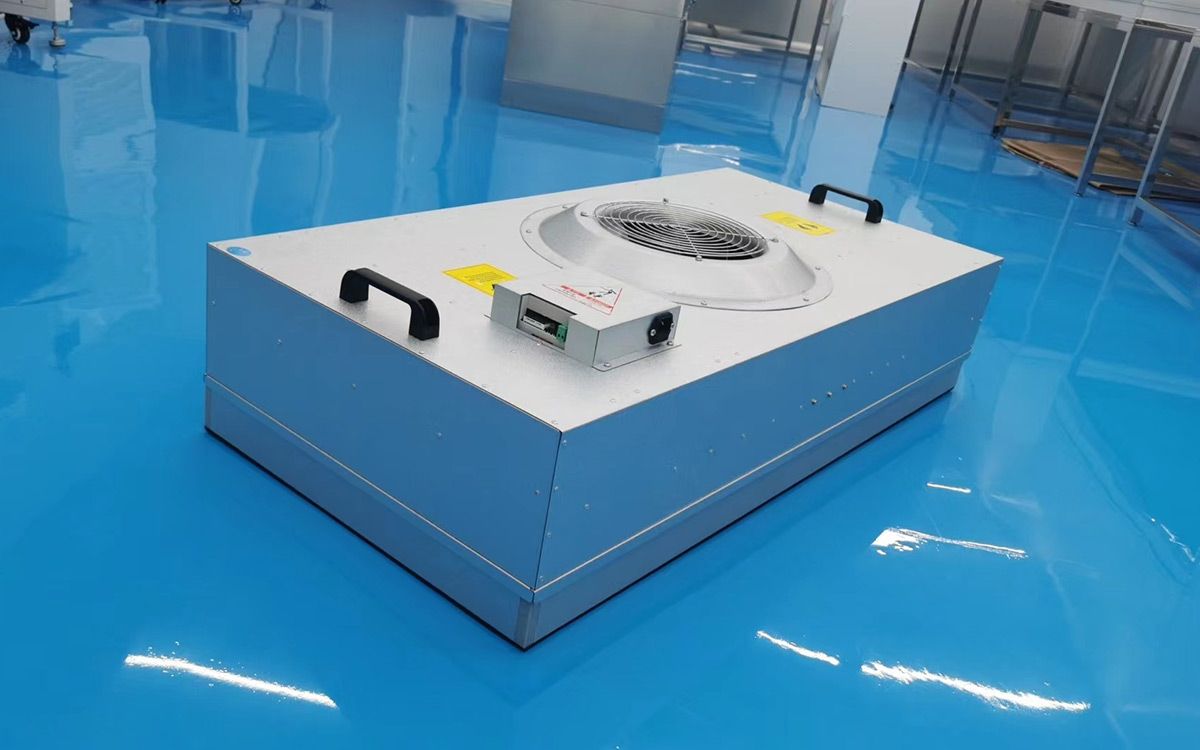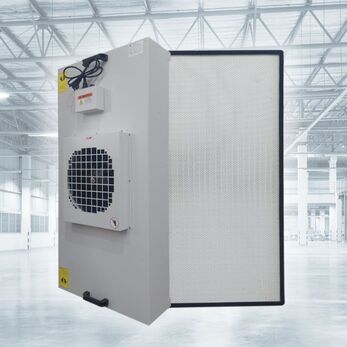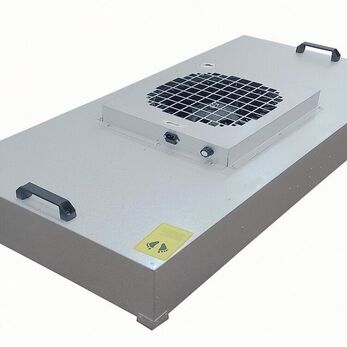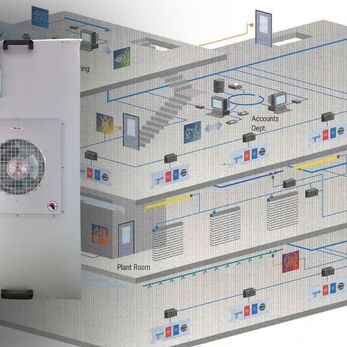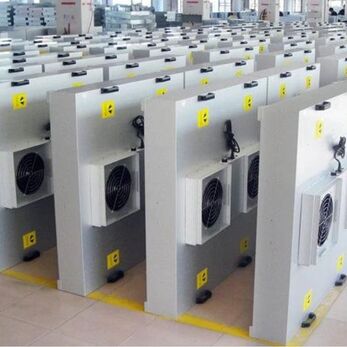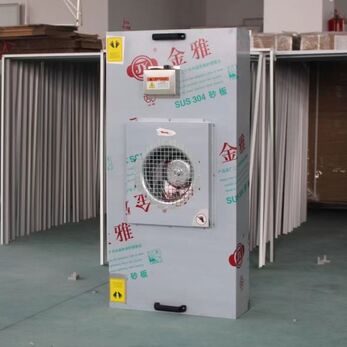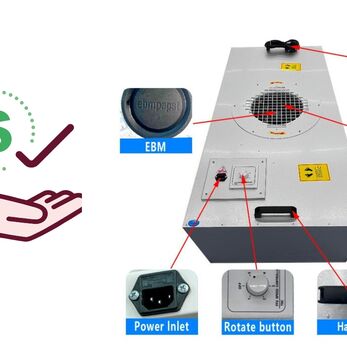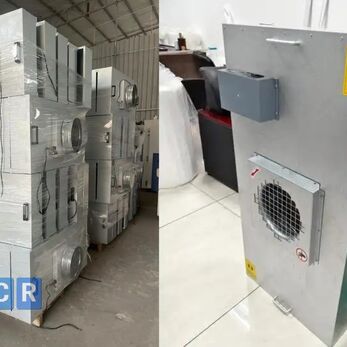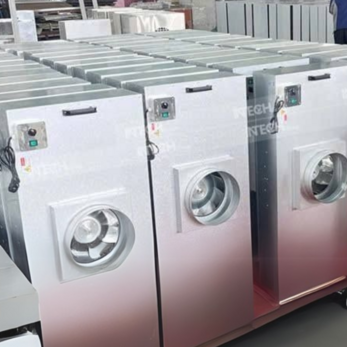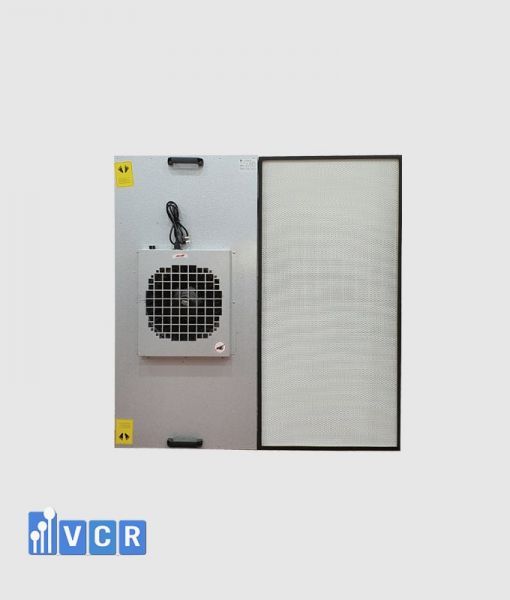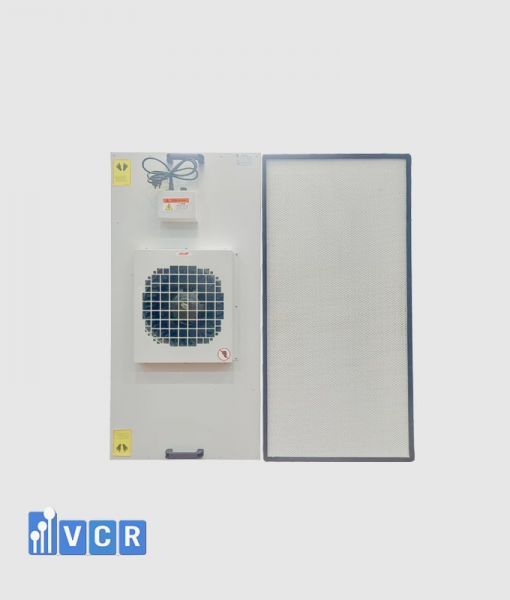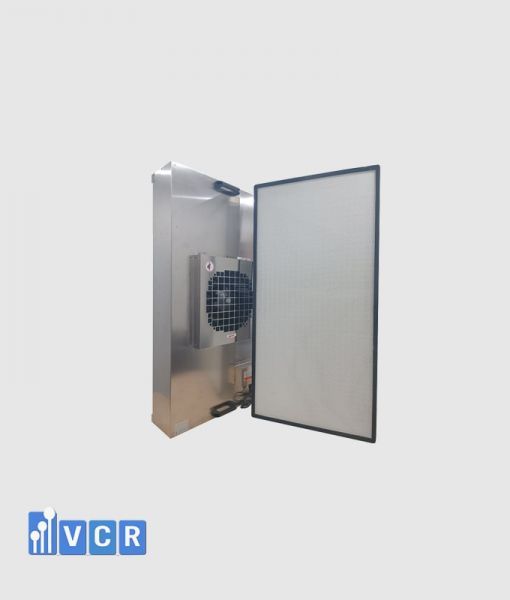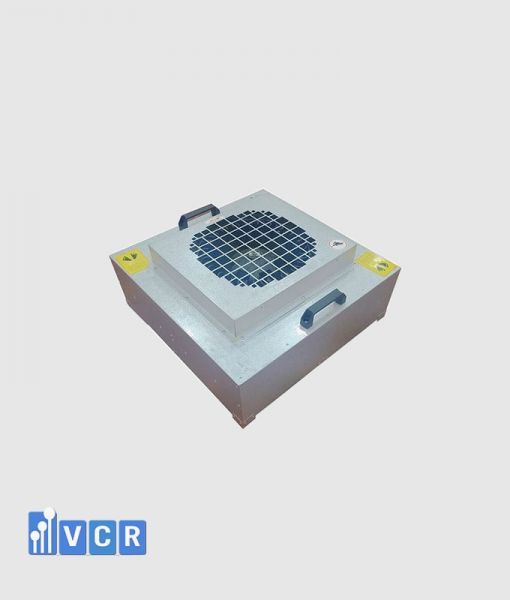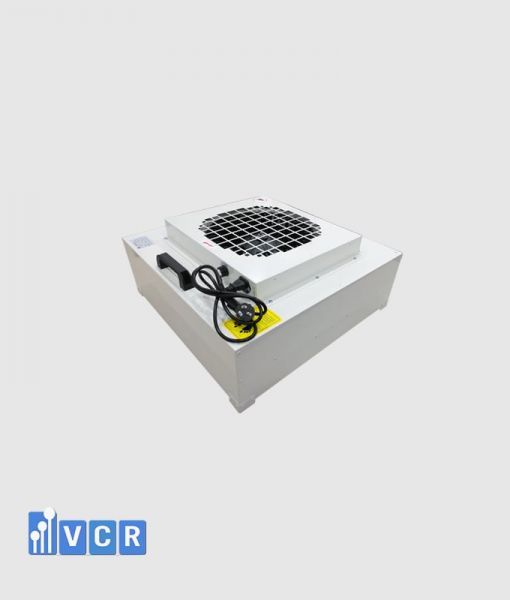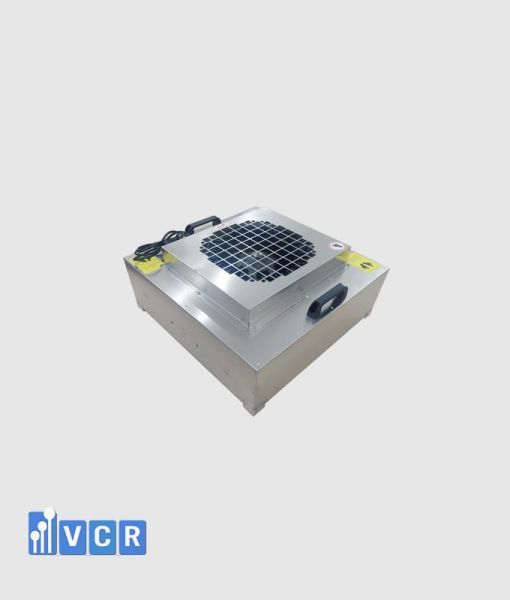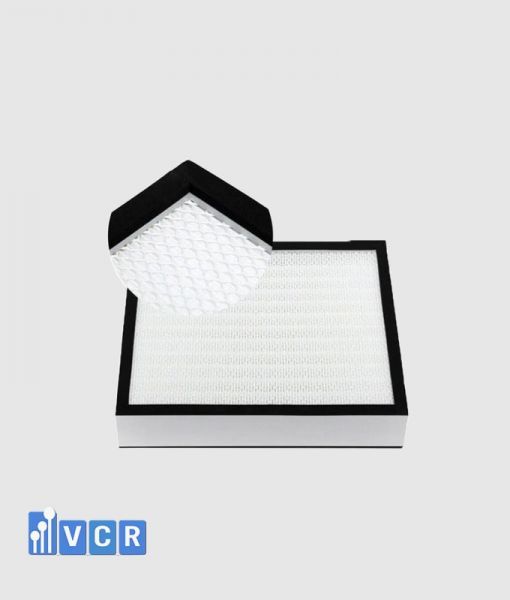Fan Filter Units (FFUs) are essential air purification components in cleanrooms demanding stringent air quality control. However, their continuous operation leads to significant energy consumption.
This guide dives deeper into expert-recommended strategies to minimize FFU energy usage while maintaining performance.
1. Filter Selection: Prioritizing Efficiency
The "high-efficiency filter area" within the FFU determines the filter media's effective filtration zone. While low-efficiency filters might have smaller areas, opting for HEPA filters offers several advantages:
- Dust Concentration Optimization: Most dust accumulates on the filter's windward side. A larger high-efficiency area in HEPA filters captures more dust, extending filter lifespan.
- Reduced Initial Drag: The larger effective area minimizes initial resistance, allowing the FFU to consume less energy while achieving desired performance.
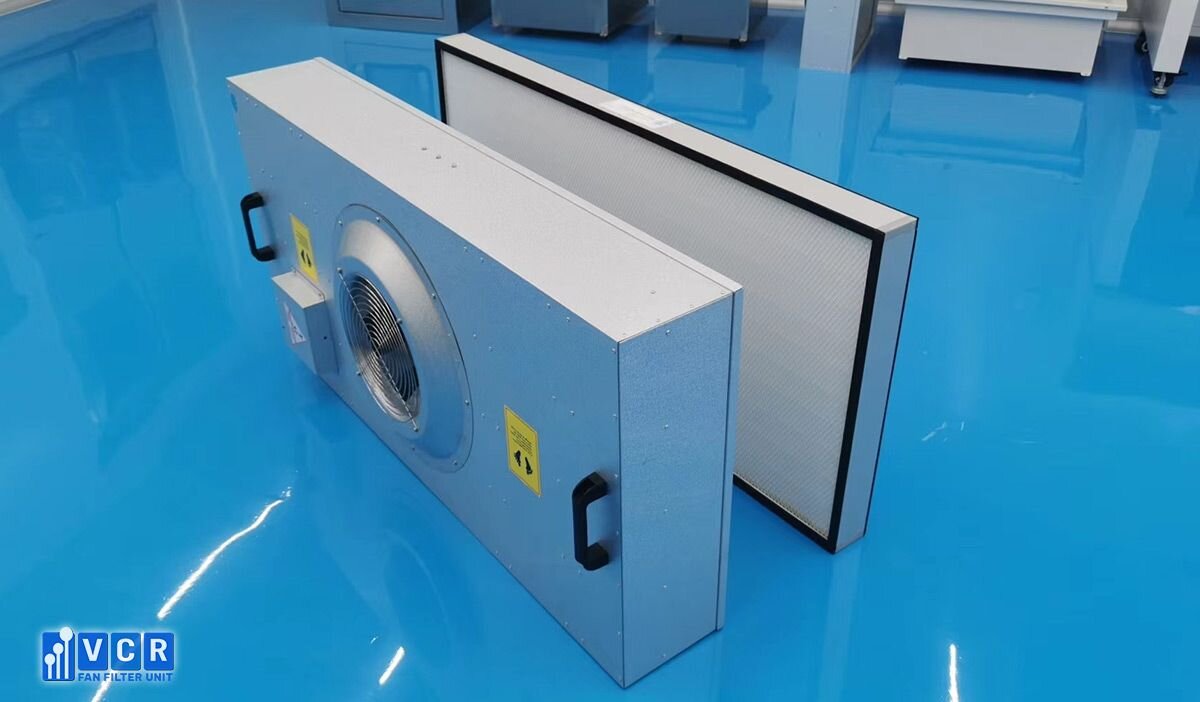
See more: FFU's Impact on HEPA Filters
2. Leveraging DC Motor Technology
Compared to traditional AC motors, DC motors offer distinct energy-saving benefits:
- Superior Efficiency: DC motors consume only around 30% of the energy used by AC motors at the same output power.
- Precise Speed Control: Brushless DC motors are synchronous motors, enabling precise speed adjustments based on workload changes. This ensures constant airflow and pressure while minimizing wasted energy.
See more: Step-by-step install FFU in Cleanroom
3. Implementing Intelligent Group Control
For multiple FFUs operating in a system, employing a centralized group control strategy offers significant advantages:
- Real-time Monitoring and Control: This system allows centralized monitoring of FFU operation, fault detection, and individual or group control of units.
- Energy-Saving Functions: Intelligent controllers incorporate features like normal operation modes, low-speed testing, and automatic shutdown during non-working hours, optimizing energy consumption.
- Remote Management: Communication interfaces enable remote management and communication with FFUs, facilitating efficient system oversight.
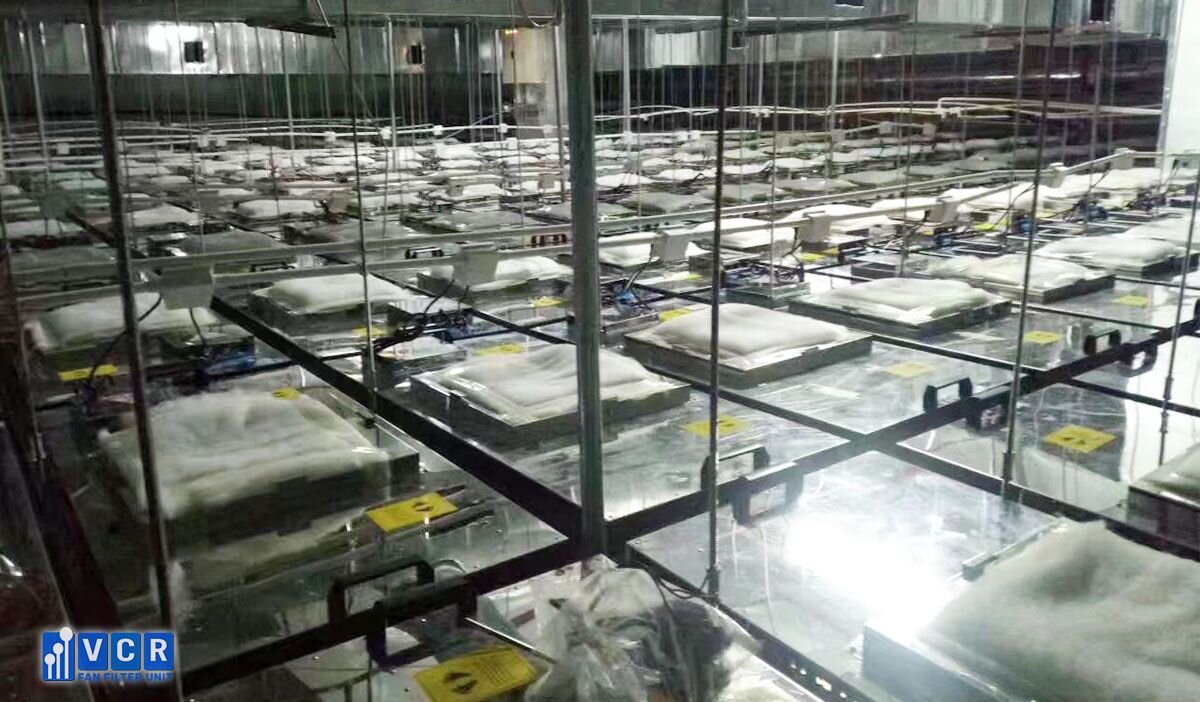
See more: Price for Fan Filter Units
Additional Considerations:
- Regular Maintenance: Proper filter maintenance (cleaning/replacement) ensures optimal airflow and minimizes energy consumption.
- Environmental Conditions: Maintaining controlled temperature and humidity in the cleanroom reduces strain on FFUs, promoting energy efficiency.
- System Design Optimization: Selecting the right number and layout of FFUs based on specific cleanroom requirements can minimize unnecessary energy usage.
Conclusion:
By meticulously applying these strategies, facilities can significantly reduce FFU energy consumption without compromising cleanroom air quality. The initial investment in efficient filters, DC motors, and intelligent control systems translates to long-term cost savings and environmental benefits. Remember, optimizing energy use throughout your facility contributes to achieving broader sustainability goals.
See more: Selection Fan Filter Unit for Cleanroom


